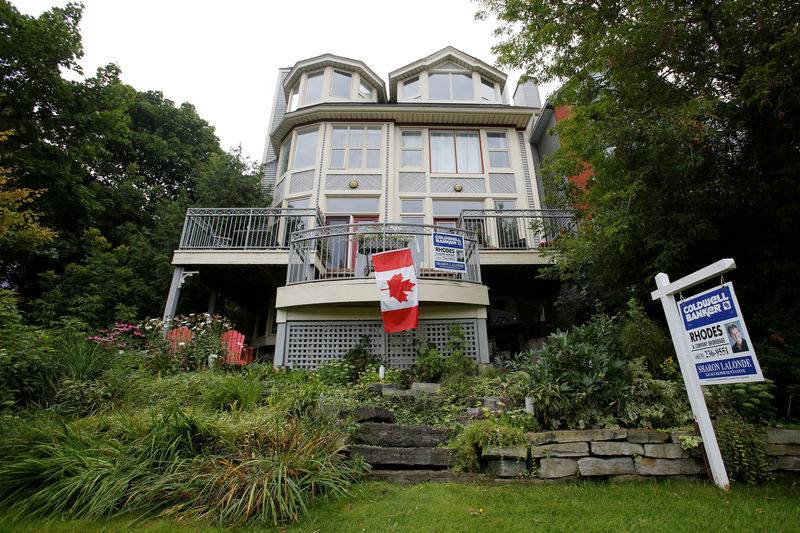
Sales and prices in Toronto's real estate market are soaring
After last year’s record meltdown, Toronto’s housing market came roaring back to life last month as the annual spring selling season produced a jump in both sales and home prices. According to data released Wednesday by the Toronto Regional Real Estate Board, on a seasonally adjusted basis, the number of house sales in Canada’s most populous city increased by 27% in April compared to March. Outside of the recovery from the Covid lockdowns in 2020, it is the largest monthly gain in the previous two decades. In April, the average price of a property in Toronto, which is C$1.11 million ($815,000), was up 2.4% from the previous month.
This increase completely reversed prior drops in pricing for the year, with prices being 0.5% higher overall. According to Toronto real estate agent Tom Storey, “this is seasonal activity in the way things typically happen, but the difference this time is that inventory is not just low but extremely low.”
There was a lack of listings because “sellers didn’t want to put their property on the market in a market they were told wasn’t very good.” After a historic drop in prices in 2017 due to the Bank of Canada‘s aggressive rate rises, prices have already begun to rise again. With the central bank on hold, buyers have returned, refocusing attention on the severe lack of inventory that made Canada’s real estate market so competitive in 2017.
“As demand for ownership housing has picked up relative to supply, we are seeing renewed upward pressure on home prices,” said Jason Mercer, the real estate board’s senior market analyst, in a news statement accompanying the study. He claimed the “persistent lack of listings” is making it harder for people to purchase homes.
National Bank of Canada said in a research note on Wednesday that the amount of new listings entering the Toronto market lags considerably behind the growth in sales, at only 2.8%. That resulted in a 12.3% decrease in the inventory of homes for sale, which had been building up over the previous year, and left the city’s active listings to sales ratio, a metric of buyer competition, tighter than the historical norm, as noted.
Supply shortages and price increases aren’t exclusive to Toronto’s real estate market. Vancouver, historically one of the most expensive markets in the nation, also witnessed a 2.4% increase in its benchmark price last month. According to Vancouver Real Estate Board Director of Economics and Analytics Andrew Lis, “the issue remains a matter of far too little resale supply available relative to the pool of active buyers in our market,” as stated in a press statement on Tuesday. After a difficult year, “home buyers are returning with confidence as evidenced by rising prices and a rebound in sales this spring”



